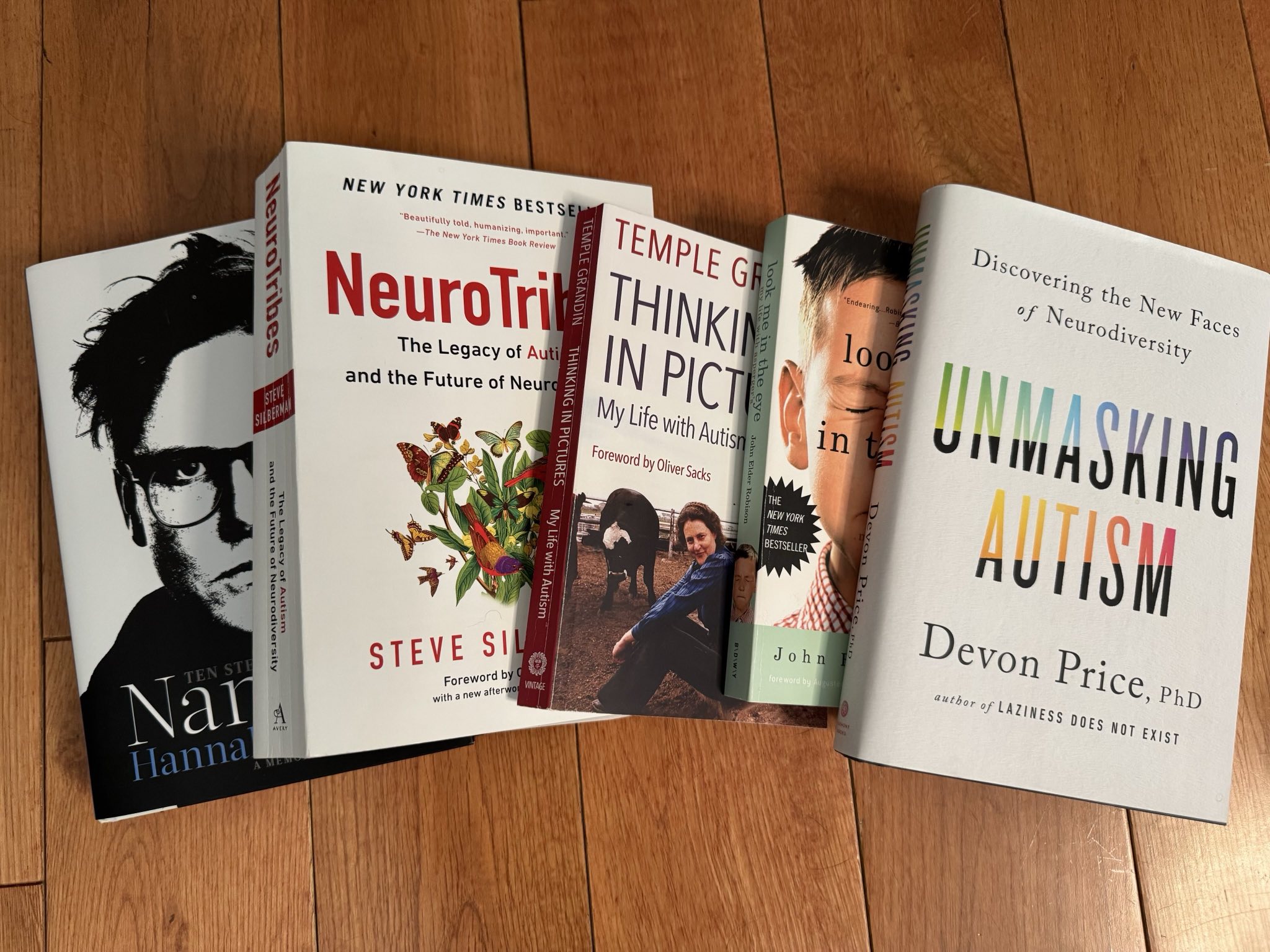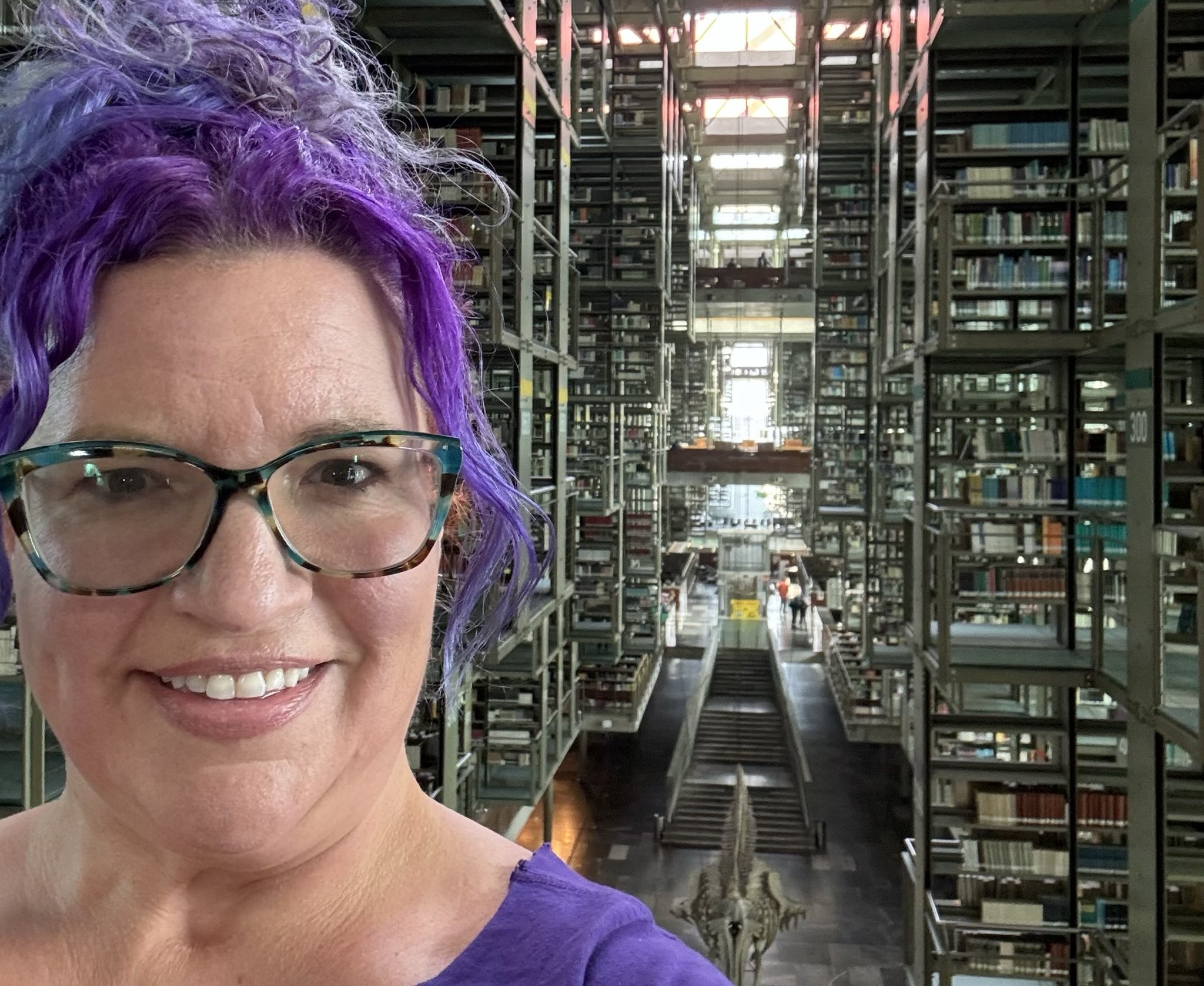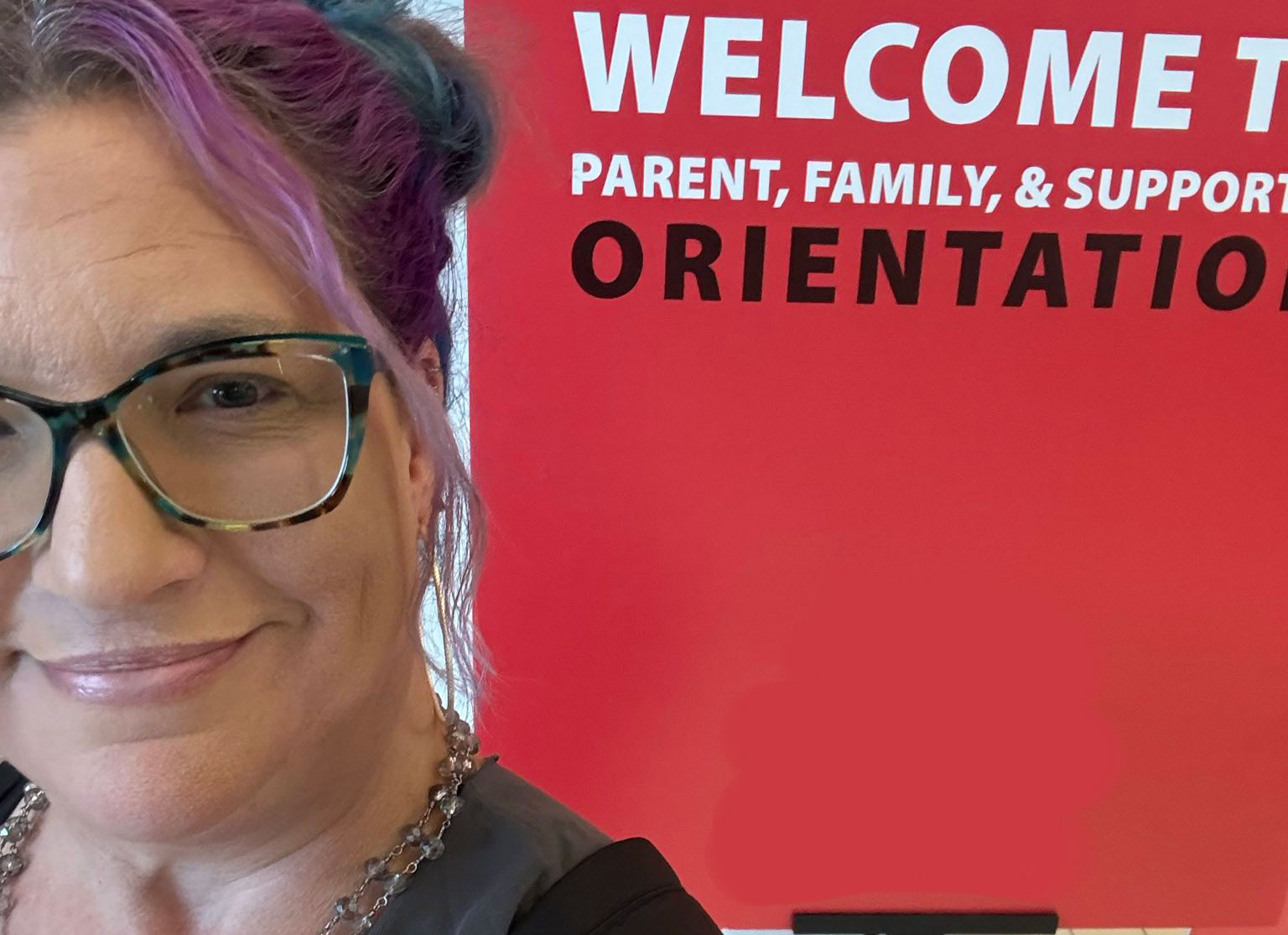The short answer? No, vaccines don’t cause autism. But why do some people believe this?
Most of the public information linking vaccines to autism stems from a study published in 1998. But to even understand why this study was completed, you also have to know about a group of anti-vaccination parents that were pushing for this type of research even before that.
Parents looking for a cause
In 1995, Navy psychologist-turned-autism researcher Bernard Rimland, who began his studies in autism after his son was diagnosed as autistic, published an editorial stating that there was an “autism epidemic.” As a trusted member in the community of autistic parents, Rimland attributed the rise in autism cases to environmental factors, including the possibility that it is caused by vaccination.
Spurred on by Rimland’s claims, several parents of autistic children contacted a gastroenterologist and researcher named Andrew Wakefield, who had garnered a name for himself through his questionable research into the MMR vaccine and Crohn’s disease. At the time these parents began contacting him, Wakefield himself claimed, “I didn’t know anything about autism.”
The MMR vaccine and autism – an unreliable study
In 1998, Wakefield and 12 other researchers published a study of 12 children. In eight of the 12 cases, the behavioral symptoms of autism were identified by the parents of children who had recently received the MMR vaccine. The researchers claimed that all of the children had intestinal abnormalities, and that “after a period of apparent normality,” the children regressed dramatically after the vaccination.
In the discussion section of the published study, the researchers noted, “We did not prove an association between measles, mumps, and rubella vaccine and the syndrome describe…Published evidence is inadequate to show whether there is a change in incidence or a link with measles, mumps, and rubella vaccine.” Despite the concerns expressed by peer reviewers, the study was published in the Lancet medical journal as an “early report.”
However, the real issue occurred when in a press conference and promotional video promoting the findings of the study, Wakefield insisted that while there was no proven link, “it is our suspicion that there may well be…I have to say that there is sufficient anxiety in my own mind of the safety.” It was easy for the anti-vaccination community to take this warning and run with it, using the study as the basis for their concerns.
The study itself was later retracted by the Lancet over concerns of validity, and 10 of the 13 coauthors went on to publish retractions of the study.
Jenny McCarthy causes a resurgence
Though many parents in the autism and anti-vaccination communities never gave up on the belief that vaccines cause autism, the connection between the two fell out of the public eye for a short period of time. However, in 2008, popular celebrity Jenny McCarthy pushed the connection between vaccines and autism back into the spotlight. In an interview on Larry King Now, McCarthy claimed that vaccines had caused her son’s autism. Following this, she was regularly in the spotlight espousing the connection between vaccines and autism, as well as talking about the search for a “cure” for autism. Both of these ideas continue to be popular in the community of non-autistic parents with autistic children (though one could argue that it’s likely some of these parents are also autistic, if undiagnosed, based on the fact that autism is a genetic condition).
Vaccines do not cause autism
It’s important to recognize that the original study that the claim for vaccines causing autism is based on never proved the connection. In fact, no study that has been completed has ever successfully proven a link between vaccines and autism. Autism is believed to be a genetic condition, not something with a “cause.”
In addition to linked references above, I have also relied heavily on information in the book “NeuroTribes” by Steve Silberman.







Leave A Comment